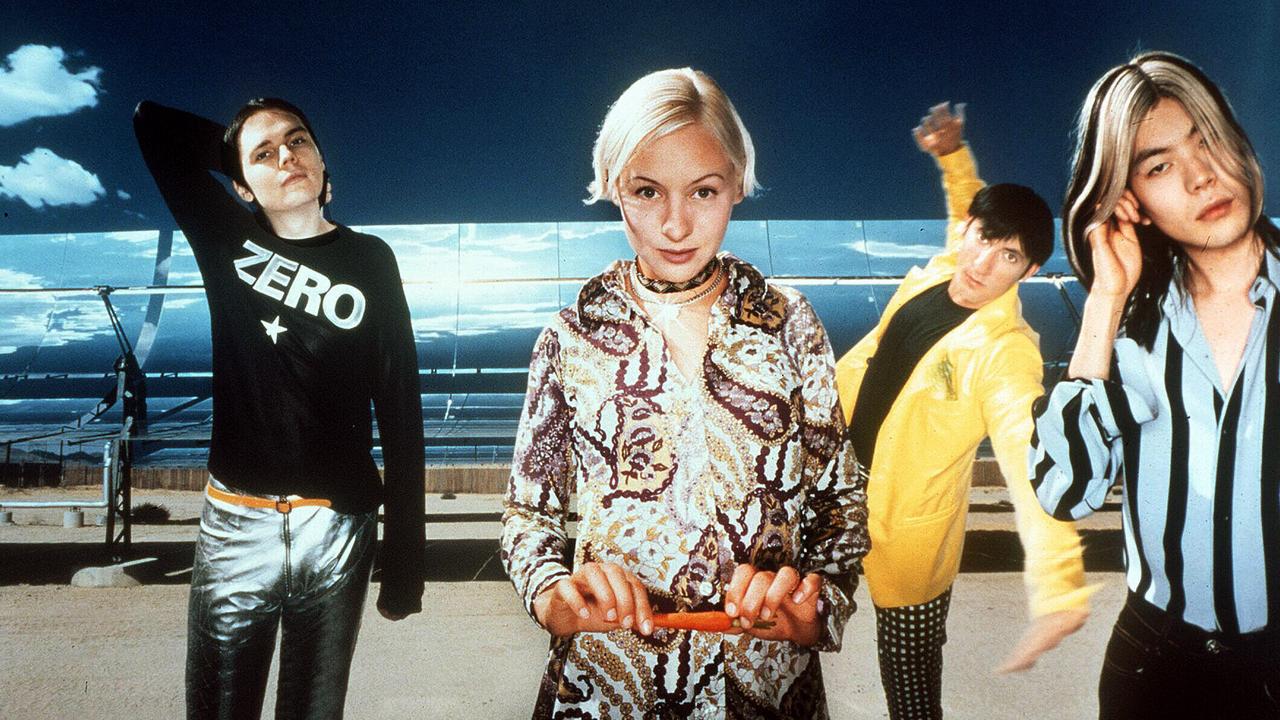
Each Of These Bands Adapted And Evolved
The 1990s were a time of reinvention for many bands. As genres blurred and audiences demanded more, artists took risks that transformed their sound, often alienating some fans while earning the admiration of others. Whether driven by creative growth, shifting trends, or sheer boredom with their old styles, these bands defied expectations and delivered something entirely different. Some changes became defining moments, while others led to backlash—but all left an undeniable mark. Let’s dive into the bands that boldly reshaped their sound in the 90s.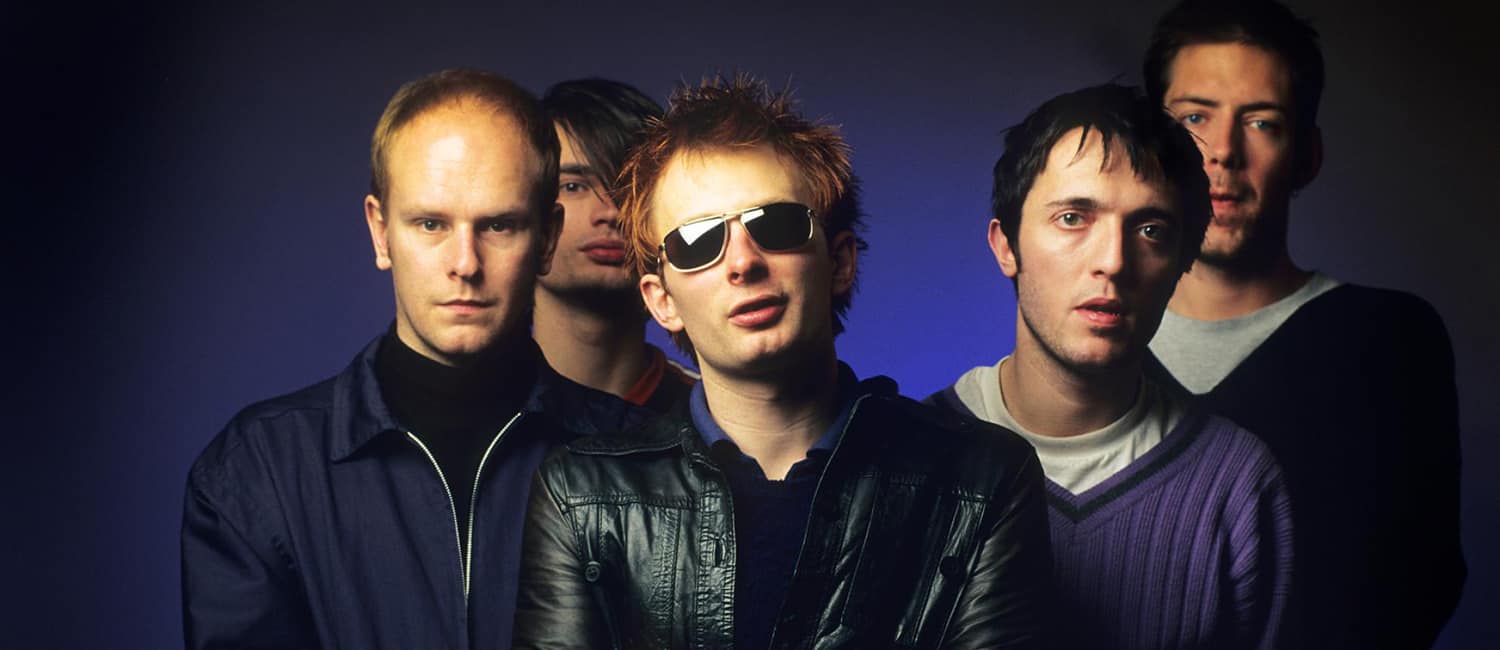
Radiohead– From Britpop to Experimental Pioneers
Radiohead started the decade as a straightforward alt-rock band with their debut album Pablo Honey and its breakout single, “Creep.” By the time The Bends arrived, they were already experimenting with richer arrangements and emotional complexity. However, it was OK Computer that marked their leap into groundbreaking territory, blending rock with electronic textures and dystopian themes. Their shift became even more radical with Kid A (2000), which abandoned traditional rock structures entirely. Fans expecting another “Creep” were left baffled, but the band’s willingness to evolve solidified their legacy as one of the most innovative acts in music history.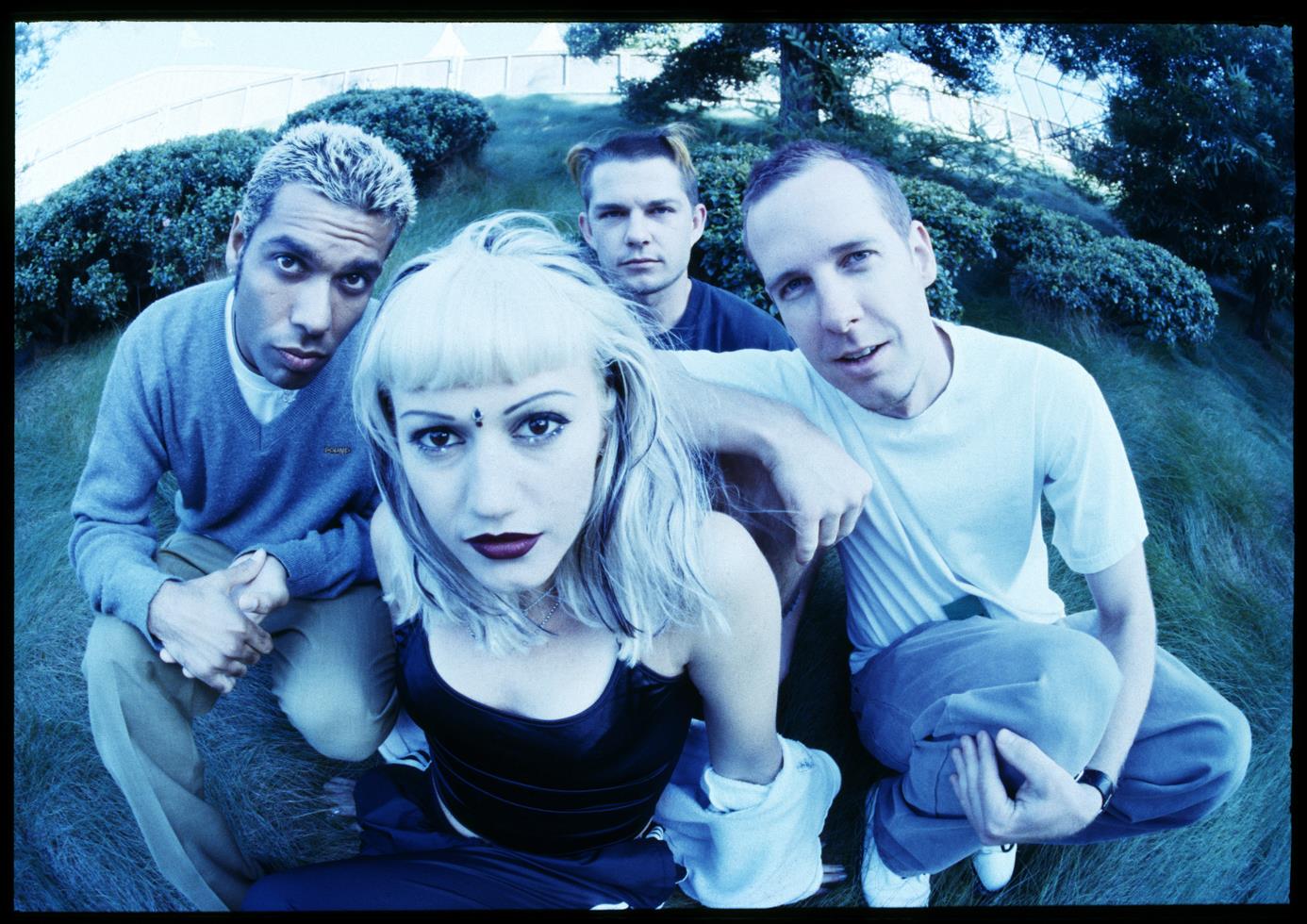
No Doubt – From Ska Roots to Pop Stardom
No Doubt burst onto the scene with their ska-punk energy, epitomized by tracks like “Trapped in a Box” from their self-titled debut. However, their third album, Tragic Kingdom, catapulted them to mainstream success by infusing ska with radio-friendly pop and rock influences. Songs like “Don’t Speak” and “Just a Girl” showcased a polished sound that embraced broader appeal without abandoning their ska roots entirely. By the end of the decade, Return of Saturn leaned further into introspective, new-wave-inspired pop, signaling a complete departure from their punk beginnings.
U2 – Reinventing Rock for the MTV Generation
After dominating the 80s with their anthemic rock sound, U2 took a sharp left turn in the 90s with Achtung Baby. The album swapped their earnest stadium rock for a darker, more experimental approach influenced by industrial and electronic music. Songs like “The Fly” and “Mysterious Ways” introduced funky beats and distorted guitars, shocking fans who associated U2 with heartfelt ballads. They leaned even harder into reinvention with Zooropa and Pop, embracing dance beats and ironic personas that divided fans but kept them at the cutting edge of rock.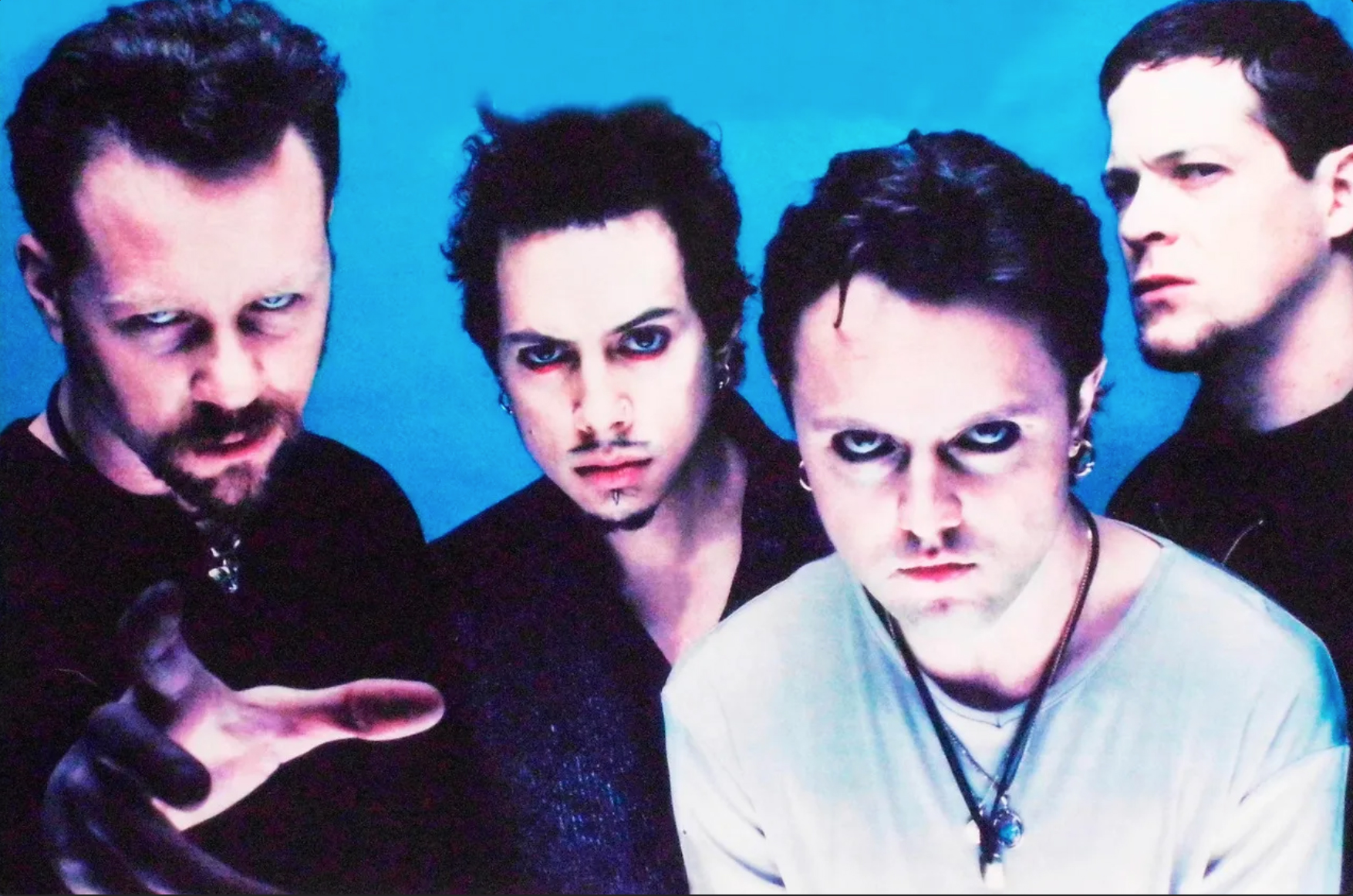
Metallica – Going Mainstream (and Dividing Fans)
Metallica spent the 80s defining thrash metal with aggressive albums like Master of Puppets. However, the release of their self-titled “Black Album” in 1991 marked a significant shift toward a more accessible, mainstream sound. Tracks like “Enter Sandman” and “The Unforgiven” traded rapid-fire riffs for polished production and radio-friendly hooks. While the album made Metallica one of the biggest bands in the world, hardcore fans accused them of selling out—a criticism that only intensified with Load and Reload, which dabbled in blues and hard rock.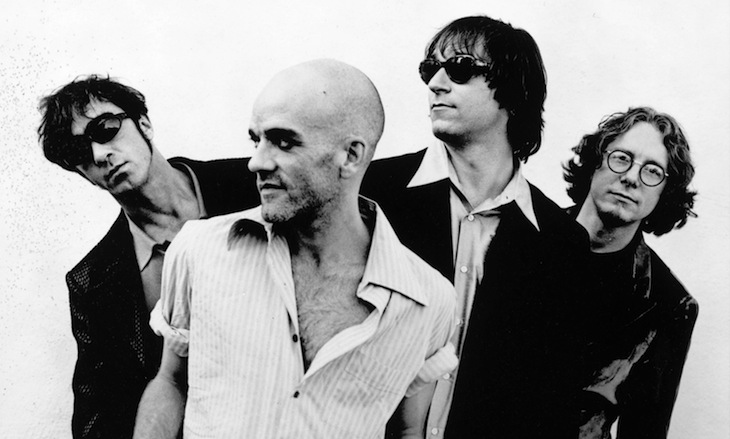
R.E.M. – Shedding Jangle Pop for Arena Rock
R.E.M. spent the 80s perfecting their jangly, college-rock sound, but the 90s saw them evolve into an arena-filling powerhouse. Out of Time embraced orchestral arrangements and pop-friendly melodies, earning hits like “Losing My Religion” and “Shiny Happy People.” The experimentation continued with Automatic for the People, which introduced haunting ballads like “Everybody Hurts.” By the mid-90s, Monster saw the band dive headfirst into grungy distortion and glam-rock theatrics, proving their versatility and willingness to embrace change.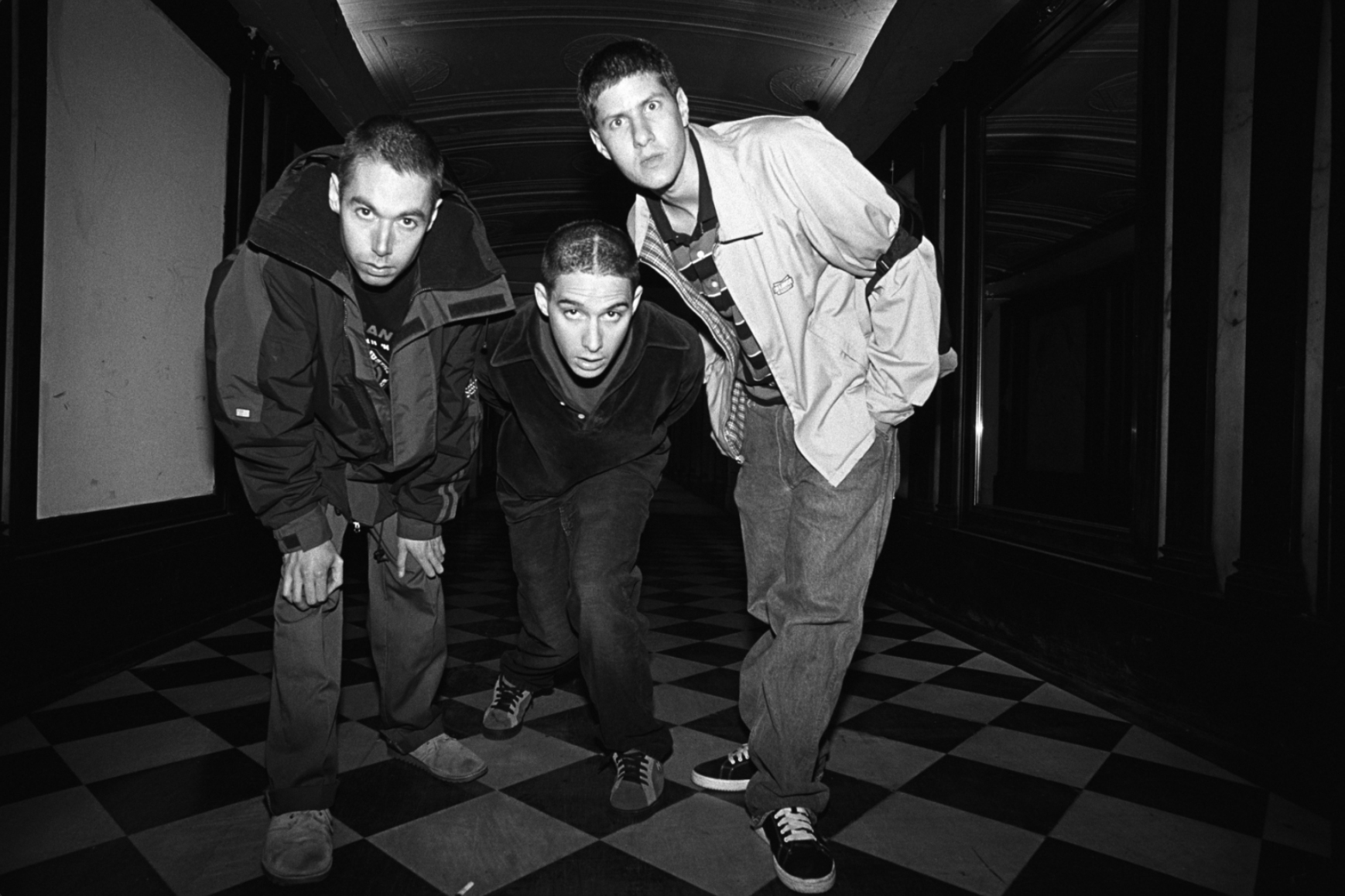
The Beastie Boys – From Party Raps to Artistic Visionaries
The Beastie Boys started the 90s with Paul’s Boutique, an intricate collage of samples that cemented their credibility as innovators in hip-hop. They continued evolving with Check Your Head and Ill Communication, which blended live instrumentation, funk, and punk influences. Tracks like “Sabotage” demonstrated their ability to cross genres, while their DIY ethos set them apart from their earlier, party-anthem days. The Beastie Boys proved that reinvention could deepen artistry rather than alienate fans.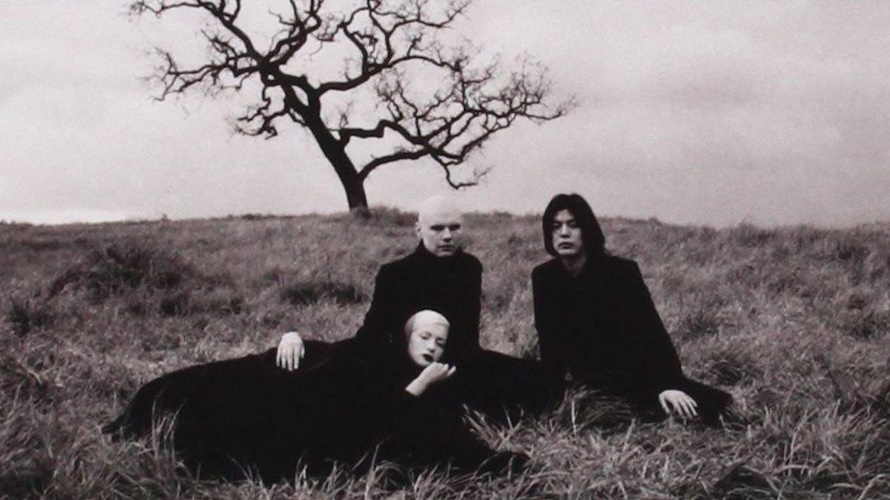
Smashing Pumpkins – From Dreamy Alt-Rock to Stadium Rock Giants
The Smashing Pumpkins started the decade as a dreamy alt-rock band with Gish, showcasing layered guitars and introspective lyrics. By the time Siamese Dream and Mellon Collie and the Infinite Sadness arrived, the band had fully embraced their arena-sized ambitions. Tracks like “Tonight, Tonight” and “1979” combined lush production with anthemic choruses, marking a departure from their rawer early sound. While their later albums veered into more experimental territory, the 90s were defined by their rise to rock stardom.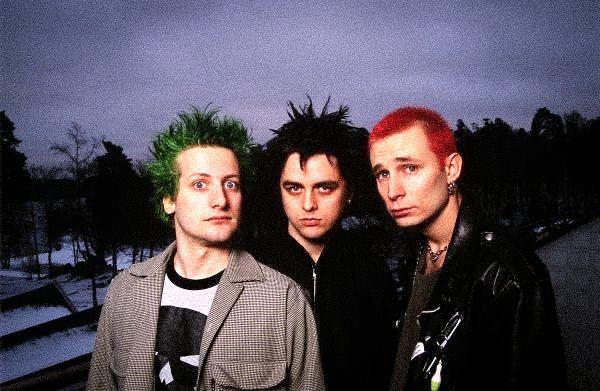
Green Day – From Punk Clubs to Pop-Punk Pioneers
Green Day’s early albums, like Kerplunk, were staples of the punk underground. But their 1994 major-label debut, Dookie, exploded onto the mainstream with infectious hooks and polished production. Tracks like “Basket Case” and “When I Come Around” redefined punk for a new generation, blending raw energy with radio-ready melodies. While purists cried foul, Green Day’s sound shift laid the foundation for pop-punk’s dominance in the late 90s and early 2000s.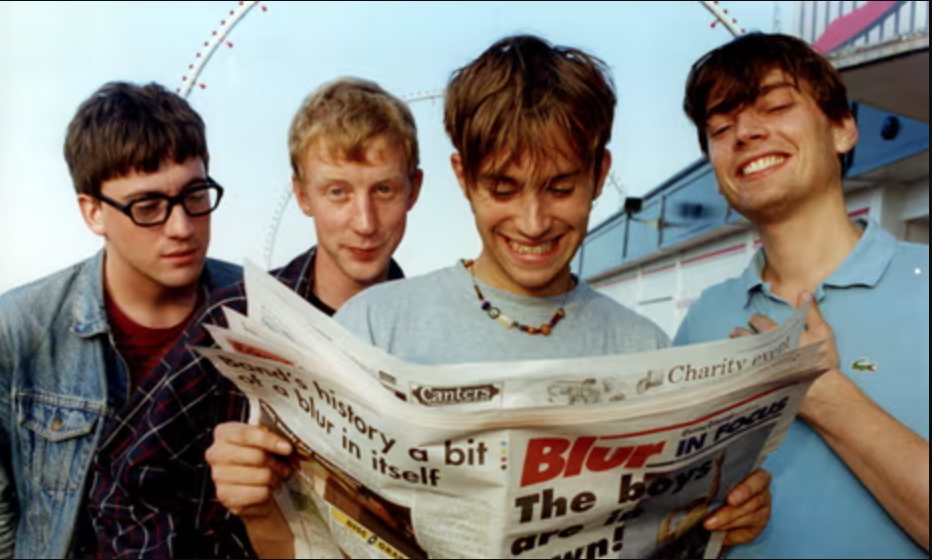
Blur – Britpop to Experimental Art Rock
Blur began the 90s as flagbearers of Britpop, with albums like Parklife capturing the spirit of British youth culture. By the end of the decade, however, they abandoned the Britpop sound entirely with their self-titled 1997 album. Tracks like “Song 2” embraced grunge and lo-fi influences, signaling a shift toward a more experimental approach. Blur’s reinvention alienated some fans but set the stage for their creative evolution in the 2000s.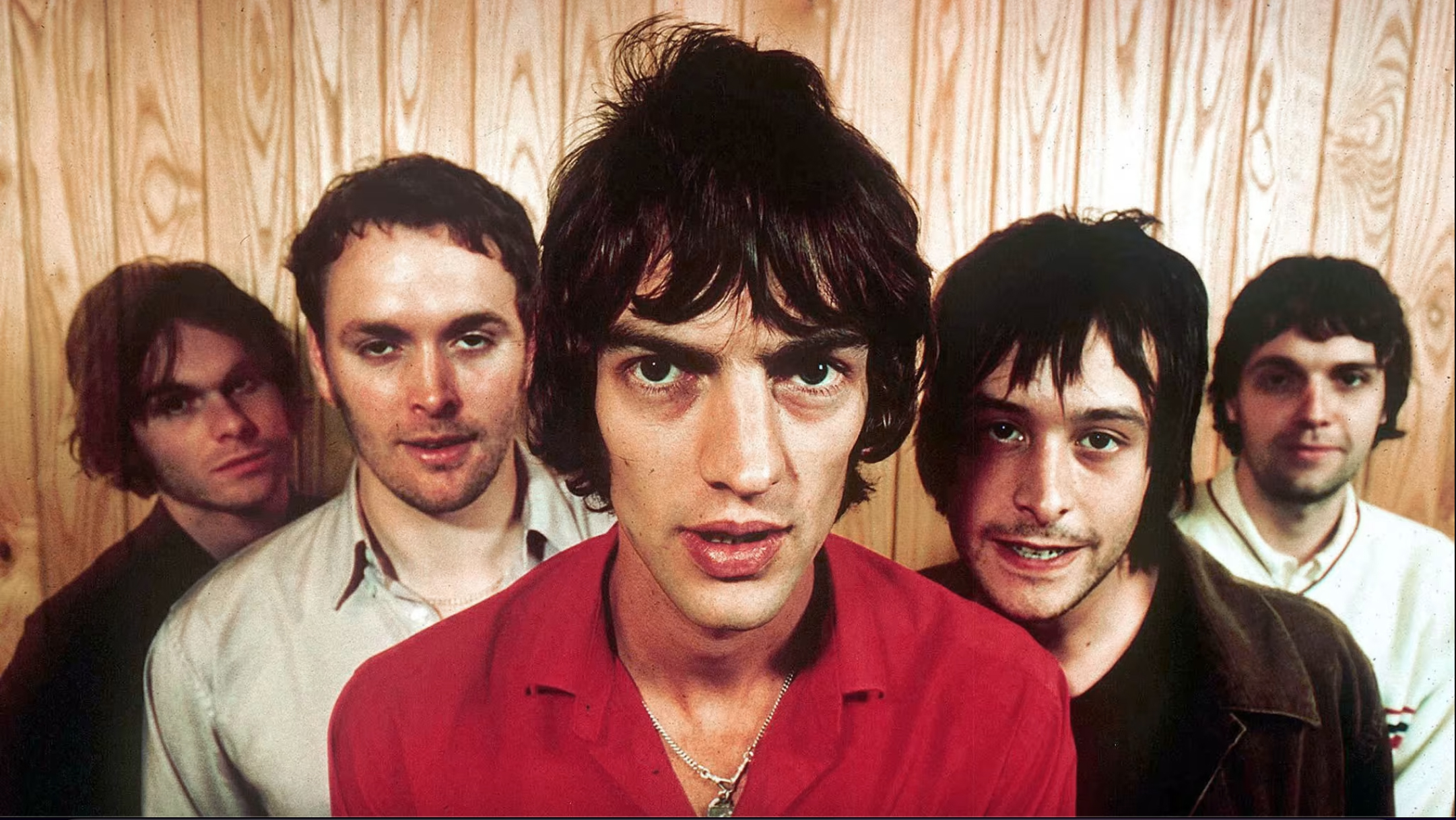
The Verve – From Shoegaze to Britpop Giants
The Verve’s early work was steeped in atmospheric shoegaze, but their 1997 album Urban Hymns transformed them into Britpop legends. Tracks like “Bitter Sweet Symphony” and “The Drugs Don’t Work” showcased a more accessible sound, blending lush orchestration with heartfelt lyrics. The shift earned them massive commercial success, but it also marked the end of their shoegaze roots, leaving longtime fans with a sense of bittersweet nostalgia.
